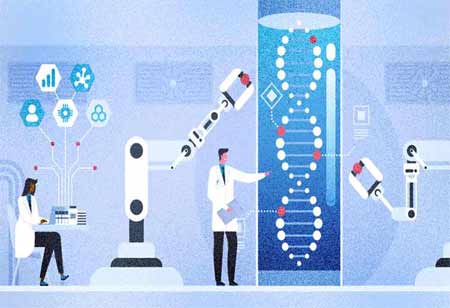Healthcare Supply Chains provide numerous top advantages, such as personalizing treatment, reducing manufacturing costs, and enhancing agility and resilience.
FREMONT, CA: Healthcare is rapidly changing as efforts are made to provide value-based care while remaining cost-effective. As a result of this combination, many changes have been brought about within the healthcare industry, specifically within their supply chains.
Globally, healthcare supply chains are shifting their focus toward efficient, low-cost processes that enhance the patient's experience. Business owners may be able to make predictions about healthcare supply chains as a result of this shift.
Personalization of the supply chain: Expansion is one of the top priorities for healthcare supply chains. In countries with less accessibility, it goes beyond expanding infrastructure and transportation. In the past, patient care has been limited to the patient's ability to reach a hospital or care facility, as well as the supply chain's capacity to quickly provide the right product for that patient. In recent years, technology has enabled patients to receive treatment outside of traditional care facilities.
With telehealth communication, at-home testing kits, and at-home treatment sent right to a patient's door, a patient's treatment can now follow them outside of a hospital. So that patients do not have to return to hospitals, healthcare supply chains must extend beyond hospitals and include last-mile transportation.
In addition, at-home patient care requires more personalized treatments.

